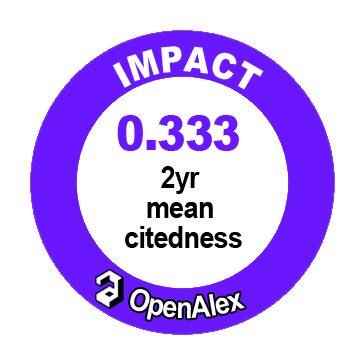Indirect Tax and Employment Generation in Nigeria
DOI:
https://doi.org/10.20448/journal.518.2020.5.7.12Keywords:
Benefit theory, Custom duty, Employment, Generation, Indirect tax, DOLS, VAT.Abstract
This paper empirically investigated indirect tax and employment generation in Nigeria from 1999 – 2019. The specific intentions of the study were to; examine the correlation between value added tax and employment generation in Nigeria and determine the impact of custom and excise duties on employment generation in Nigeria. Secondary data on employment rate, custom and excise duties as well as value added tax were collected from Central Bank of Nigeria statistical bulletin and the method of Dynamic Ordinary Least Square regression analysis was applied. Given the empirical results, the paper concluded that indirect tax measures by value added tax (VAT) has a direct link with employment rate. Also, custom and excise duties have a significant impact on employment generation in Nigeria. Based on the empirical findings, the study recommended amongst others that government should put in place adequate fiscal measure to ensure that revenue generated from indirect taxes is effectively utilize to develop and grow the economy through employment generation.





